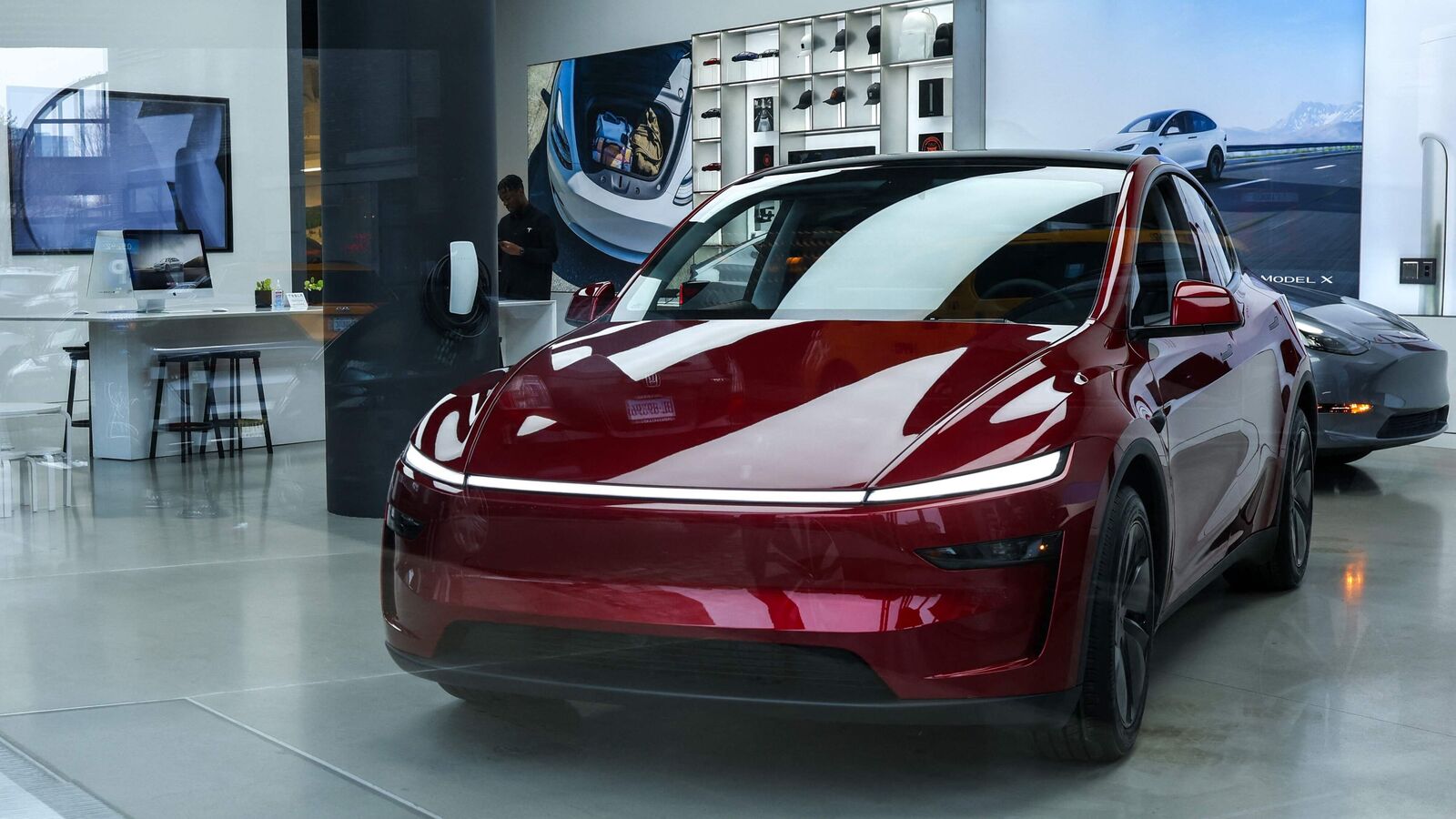
Tesla not interested in manufacturing in India, keen on opening showrooms: Union Minister HD Kumaraswamy
- 03.06.2025 03:30
- auto.hindustantimes.com
- Keywords:
Tesla won't manufacture in India but plans to open showrooms, focusing on selling electric vehicles through CBU imports. The Indian government is promoting EV manufacturing with incentives to attract foreign investments like Tesla's.